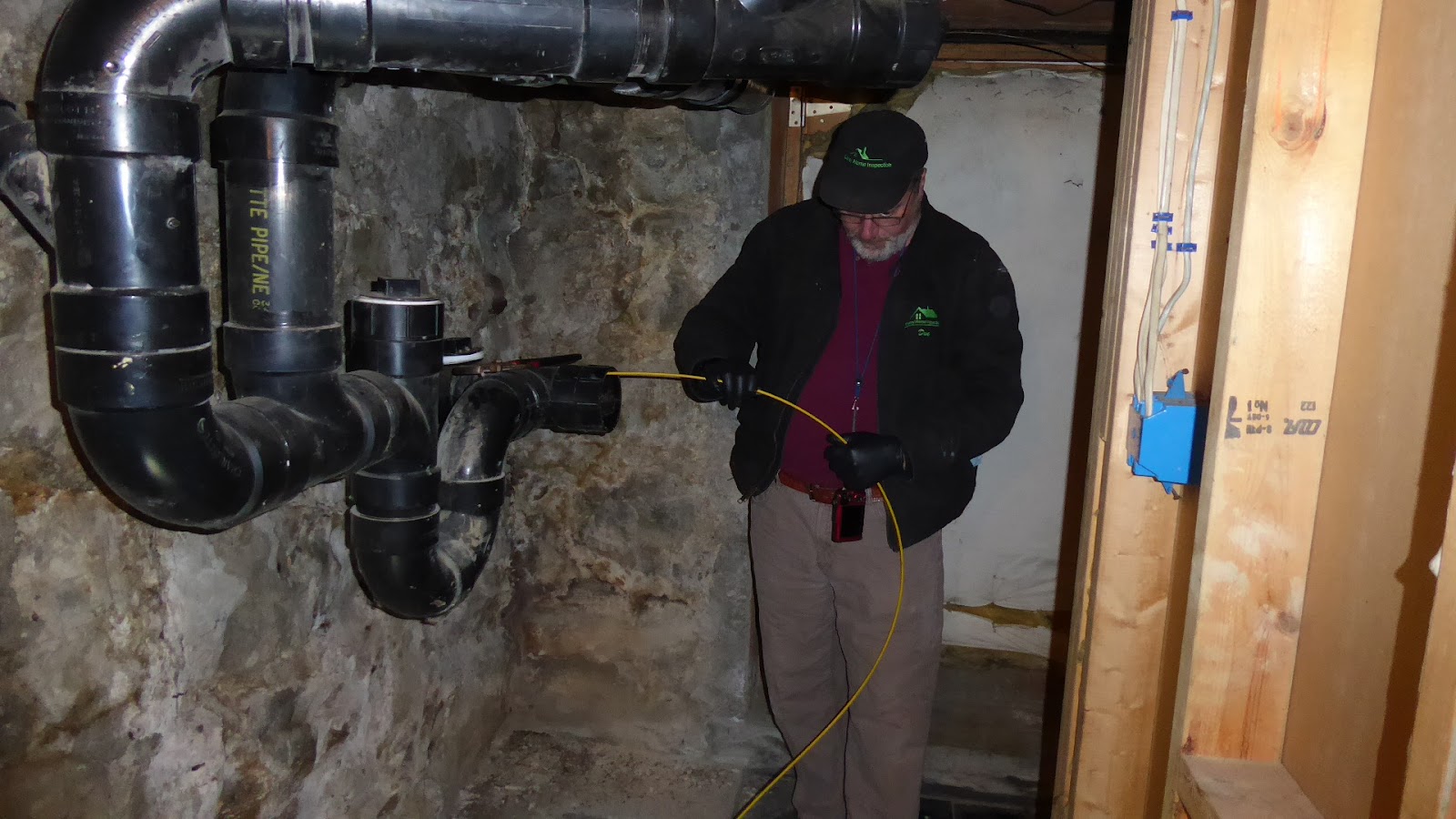Older homes offer charm and character, but they can also present legacy building systems that today’s buyers need to understand. One of the most common examples is knob-and-tube wiring. While it was a standard electrical method in homes built roughly between 1880 and the 1940s, it is now considered obsolete and may raise safety, insurance, and transaction concerns.
What Is Knob-and-Tube Wiring?
Knob-and-tube wiring consists of individual hot and neutral conductors run separately through wall and ceiling cavities. Ceramic knobs were used to support wires along framing members, while ceramic tubes protected wires as they passed through wood. At the time, this system worked well for the limited electrical demands of the era.
How to Identify It
Identifying knob-and-tube wiring is not always straightforward. In some cases, it has been partially removed or concealed during renovations. Common indicators include:
Porcelain knobs attached to exposed framing in basements or attics
Ceramic tubes where wiring passes through joists or studs
Cloth-wrapped wiring without a modern outer jacket
Absence of a grounding conductor
Importantly, knob-and-tube wiring is often hidden behind finished walls or ceilings. Even when it is not visible, certain clues—such as the age of the home, outdated electrical panels, or mixed wiring types—may suggest it is present.
Where Inspectors Commonly Look
Home inspectors typically check accessible areas, including:
Unfinished basements and crawlspaces
Attics, especially near attic hatches or junction points
Electrical panels and visible branch circuits
Open wall cavities at plumbing or renovation access points
Because much of the wiring may be concealed, inspectors cannot always see the entire system. However, a qualified home inspector can identify visible components and note conditions that strongly indicate hidden knob-and-tube wiring may still exist.
Why It Matters
Knob-and-tube wiring presents several concerns:
It was not designed for modern electrical loads
Insulation can become brittle over time, increasing the risk of overheating
It lacks grounding, which limits protection from electrical faults
It may have been improperly modified over the years
In addition, many insurance companies restrict or deny coverage for homes with active knob-and-tube wiring, which can impact financing and closing timelines.
Cost to Remove or Rewire
For an average 1,500 square foot home, the cost to remove or rewire knob-and-tube wiring typically ranges from $8,000 to $15,000, though it can be higher depending on accessibility, wall finishes, and local labor rates. Homes requiring significant wall and ceiling repairs after rewiring may see additional costs. While this is a substantial investment, it often improves safety, insurability, and long-term property value.
The Inspector’s Role
Finding knob-and-tube wiring is not always easy, and it cannot always be fully confirmed without opening walls. That is where a professional home inspection adds value. A home inspector can identify visible components, recognize warning signs, and clearly communicate when knob-and-tube wiring is present or likely present—even if it cannot be fully seen.
For real estate agents and clients alike, understanding knob-and-tube wiring helps set realistic expectations and supports informed decision-making when working with older homes.





